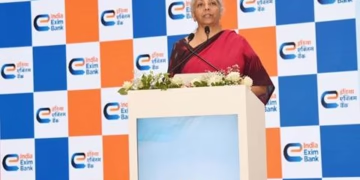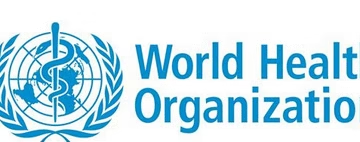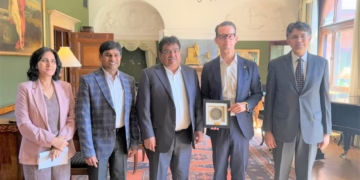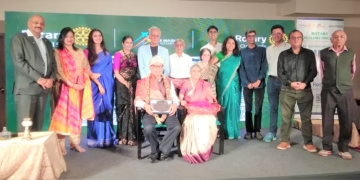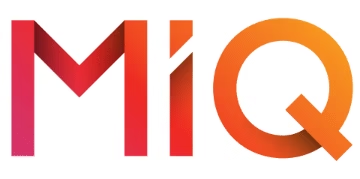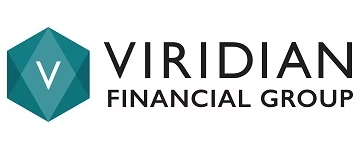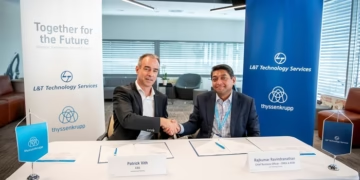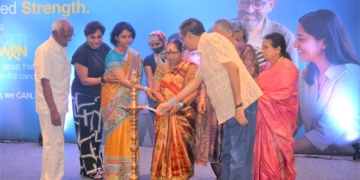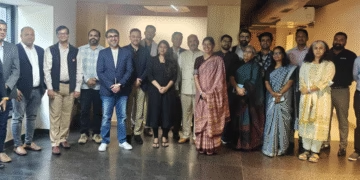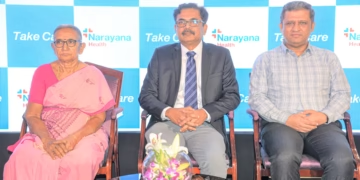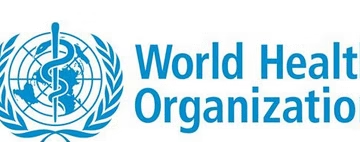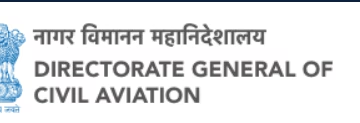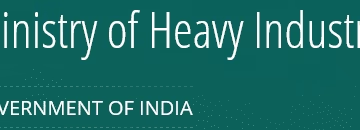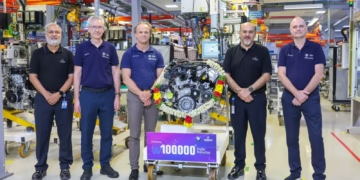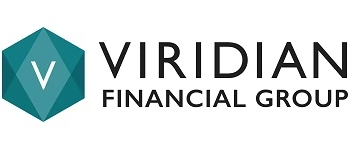A Memorandum of Understanding (MoU) for the partnership between Department of Biotechnology and Cancer Research UK for the India-UK India-UK Cancer Research Initiative was signed today in New Delhi.The India-UK Cancer Research Initiative is a collaborative 5-year bilateral research initiative by the Department of Biotechnology, Ministry of Science & Technology, India and Cancer Research UK (CRUK) that will focus on affordable approaches to cancer. Both CRUK and DBT will invest £5m each in this 5-year pilot, and seek further investment from other potential funding partners.
The India-UK Cancer Research Initiative will identify a core set of research challenges that address issues of affordability, prevention and care of cancer by bringing together leading Indian and UK experts across clinical research, demographic research, new technologies and physical sciences. The initiative will provide funding to develop new research alliances and undertake impactful research to enable significant progress against cancer outcomes.
This is a follow up of the joint statement issued by the Prime Ministers of India and UK during the visit of Prime Minister of India,Narendra Modi to UK on April 18, 2018. Prime Minister Narendra Modi had then stated, “As thriving democracies, we share a desire to work closely together and with all who share our objective to support a rules-based international order that upholds agreed international norms, global peace and stability. Together the UK and India are a force for good in an uncertain world. We are sharing our experience and knowledge to tackle global challenges. India’s Department of Biotechnology (DBT) and Cancer Research UK propose to launch a £10 million bilateral research initiative which will focus on low cost approaches to cancer treatment.”
Speaking at the launch of this initiative, Secretary, DBT ,Dr. Renu Swarup, said , “Cancer is a global epidemic that requires radically new approaches through inter-disciplinary and multi-national efforts. The India-UK Cancer Research Initiative will provide a catalysing platform for scientists and researchers in the UK and India to co-create solutions for affordable cancer care that improve cancer outcomes around the globe. At DBT our priority is to apply science to solving complex challenges that benefit all humanity and we are glad to be partnering with CRUK to support research across all stages of cancer from prevention to cure to addres the formidable challenge of cancer.”
Nick Grant, Cancer Research UK’s executive director of international partnerships, on the occasion said that no country escapes the impact of cancer, with millions around the world diagnosed with the disease every year and we need to bring together the brightest scientific minds across the world, breaking down barriers to address the challenge of cancer globally.
The India-UK Cancer Research Initiative was launched today at the Inaugural Researchers’ Summit, which is being held in New Delhi from November 14th to November 16th, 2018. The summit will facilitate knowledge sharing and communication among scientists, researchers, epidemiologists, clinicians, public health professionals and industry in the field of oncology.
The research phases of the India-UK Cancer Research Initiative will be overseen by a board of advisors comprising five cancer experts each from India and UK. Prof. David Hunter of the University of Oxford and Dr. CS Pramesh of the Tata Memorial Hospital will serve respectively as Chair and Co-chair of the India-UK Cancer Research Initiative’s Advisory Panel.
The India-UK Cancer Research Initiative provides an opportunity to tackle the global epidemic of cancer by opening new pathways for international knowledge exchange and research base. The research outcomes of this initiative will aid cancer prevention, control and management in the long term. The joint investment by both countries in this initiative is a testament to the emerging consensus that solutions to affordable cancer care lie in building strategic and evidence-based research partnerships that benefit the global cancer comm

